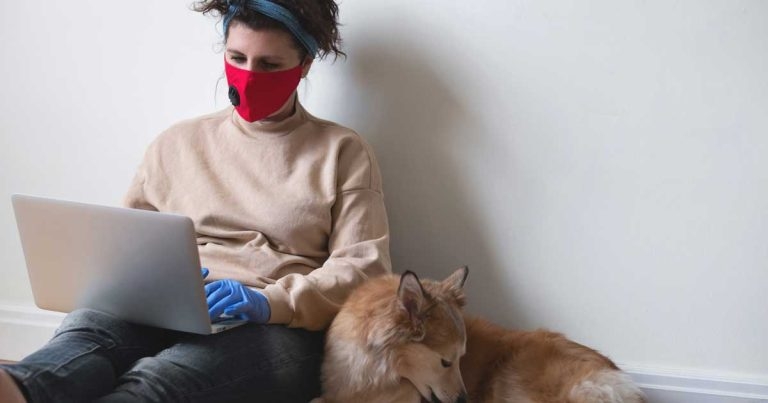5 Nov 2021
Employers, educators and graduates will have opportunity to have their say on how future provision will look once post-pandemic professional life sets in.

Image: © ILIA / Adobe Stock
The future of EMS in a post-COVID profession is set to be debated as part of an RCVS stakeholder meeting later this month.
The meeting, set for 21 November, is aimed at gathering input from employers, educators and graduates to determine what should be done with EMS going forward, with a view to phasing out the online element introduced as the coronavirus lockdown came into force.
More than 80 representatives have been invited to participate in the meeting after the RCVS’ Graduate Outcomes project found that the course element was also under strain due to workforce issues affecting the industry.
Linda Prescott-Clements, RCVS director of education, said: “The veterinary education landscape is changing – both as a result of COVID, but also increasing student numbers, new vet schools being established and an increasing emphasis on clinical teaching in a first-opinion, general practice context.
“These factors are all likely to increase pressure on the current system, with the potential for increasing demand for EMS coinciding with reduced availability. For this reason we are starting to look further ahead into the future of EMS so that we can be prepared for all eventualities.
“This stakeholder meeting will bring all those in the sector together to discuss new ideas around longer-term plans for EMS, so that we can continue to support future students in obtaining this vital experience in the workplace before they graduate.”
Previous to the coronavirus pandemic and its resulting lockdowns, RCVS requirements for EMS called for 26 weeks in a clinical placement. In April last year this was reduced to 13 weeks along with online top-up around personal learning objectives.
The RCVS’ 2013-14 EMS survey found that 95 per cent of vet students believed it was “vital” to their education. It also found that 78 per cent of students believed that 26 weeks was “about right” as a length of time.
Concerns have been raised by some students that the possible continuation of an online “top-up” element to the course could leave them without the experience and space needed to make full use of their degrees.
Recent graduate from the University of Cambridge and Veterinary YouTuber May Yean Chua has said that she feels EMS should expose students to how vets work through cases in a real-world setting.
Dr Yean said: “Personally, as a recent graduate who had many weeks of EMS cancelled due to the pandemic, I found the online sessions of working through medicine cases useful, but struggled with getting clinical skills practice outside of university rotations.
“In-person EMS is so much better than online EMS because you are actively participating in the workup of a case, you are able to ask questions in the moment and have one-on-one mentoring support with the vet you are shadowing.
“However, I do understand that the pandemic may require health and safety to be placed as a priority.”
Dr Yean also argued that students should have access to financial support to help them offset the financial burden of accommodation, travel and the time requirements involved with in-person EMS, similar to paid internships common in other industries.
She added: “In other fields, such as law, engineering and computer sciences, interns get paid a sum of money or receive an allowance. I can’t see why veterinary corporations can’t do the same.
“After speaking to my peers with jobs that require them to work more than 40 hours a week, I wonder if vets are willingly working extra hours of unpaid overtime not only because they care so much for the patients, but because it has been instilled in them, this ‘voluntary-work-for-free’ culture that might be one of the causes why more vets are becoming overworked without them realising it, burnt out and leaving the profession.”
Student at the University of Bristol Eleanor Goad said that online teaching was no substitute for the practical experience that traditional forms of EMS gives.
Ms Goad said: “The addition of work experience online amounts to hours spent watching a screen rather than putting the teaching into practice.”
Ms Goad continued: “The most important element of EMS is undoubtably the ability to step outside of the ‘university bubble’ and apply your learned skills to real-life scenarios. For example, you could watch endless demonstrations and videos on how to ride a bike, but the only way to learn how to ride is to actually get on the bike.
“Undertaking 26 weeks can also be an expensive process for many students – especially those living in remote areas without access to their own personal transport.
“Accommodation, travel, and food prices means that sometimes students sacrifice a larger variety and quality of work experience for cheaper alternatives – perhaps smaller practices that are closer to home, but offer less specialised services.
“Since EMS is a university and RCVS-mandated requirement, financial support would be beneficial and greatly appreciated by much of the student cohort, and perhaps help to bridge the economic barrier into the profession.”